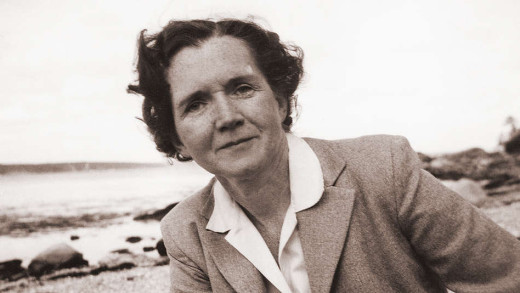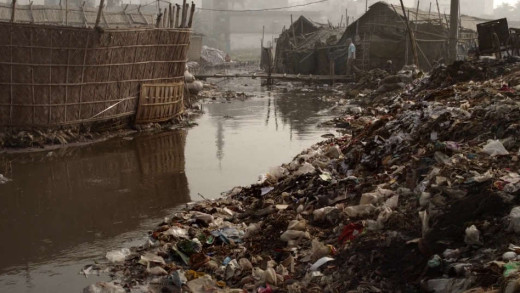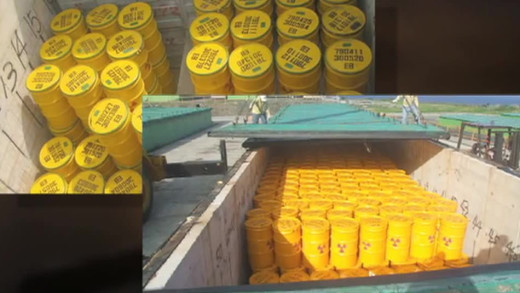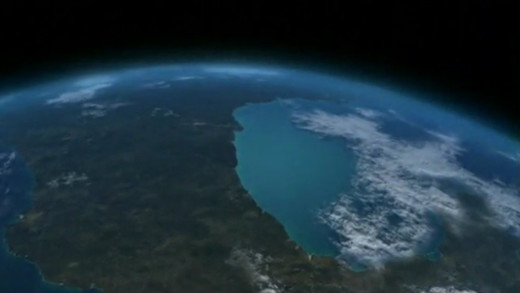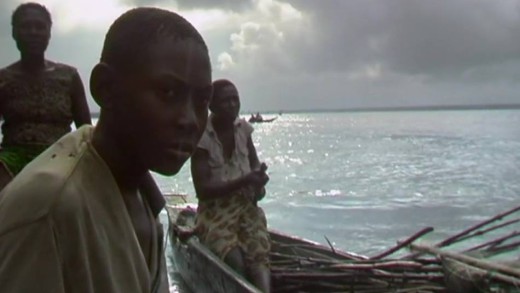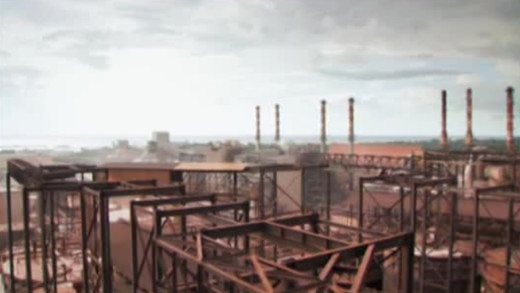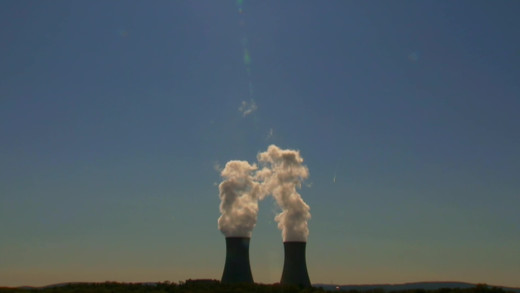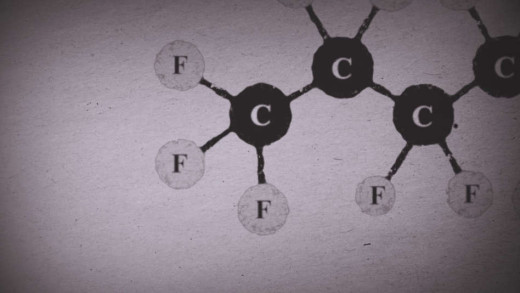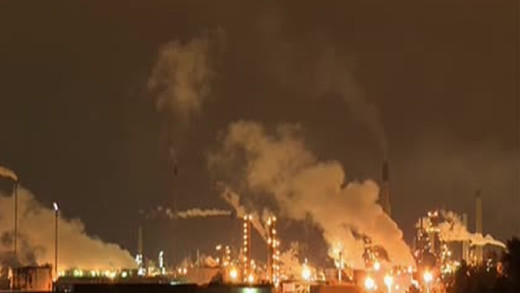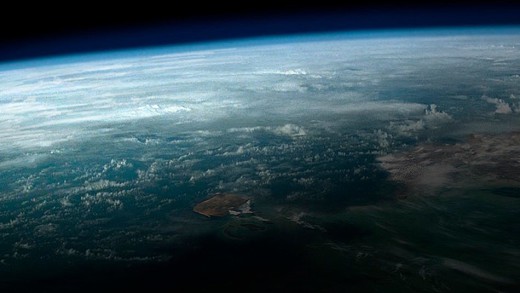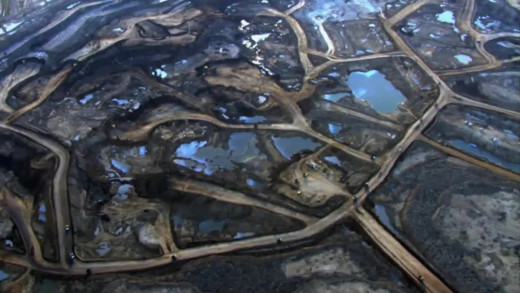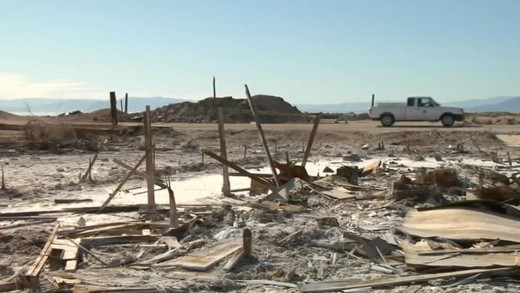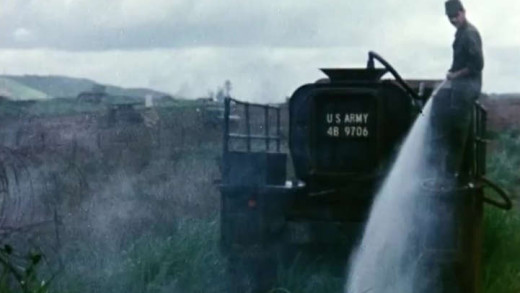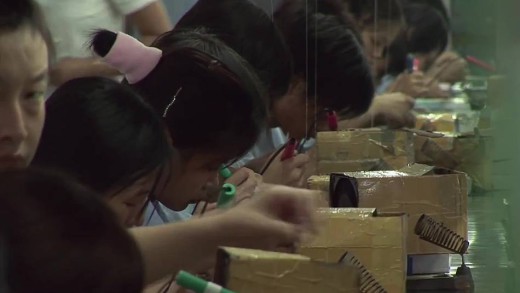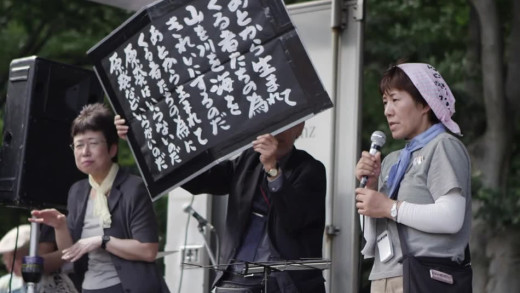This biography documents the life of Rachel Louise Carson who was an American marine biologist, author, and conservationist. Her book Silent Spring, and other writings, are widely recognised to be responsible for advancing the global environmental movement. Carson began her career as an aquatic biologist in the United States Bureau of Fisheries, and became a full-time nature writer in the 1950s, turning her attention to conservation, especially some problems that she believed were caused by synthetic pesticides. The result was Silent Spring, published in 1962, which brought environmental concerns to the public at large. Although the book was met with vicious attacks from chemical companies, Carson spurred a reversal in national pesticide policy, which led to a nationwide ban on DDT and other pesticides, and also inspired a grassroots environmental movement that led to the creation of the Environmental Protection Agency. This film is an intimate portrait of the woman whose groundbreaking work revolutionised our relationship with the natural world.
RiverBlue shows the toxic effects of textile production and jeans manufacturing on some of the world's largest rivers. Travelling from tanneries along rivers in India, to some of the largest jeans manufacturing factories in China, renowned river advocate Mark Angelo guides the viewer through the declining health of waterways around the world.
Just along the fault lines of the Pacific Rim of Fire from Japan, lies Taiwan--another heavily industrialised, modern economy highly reliant on nuclear power. Ninety percent of the world's earthquakes occur along the Rim of Fire, so no wonder there are worries about a fourth nuclear plant being built there. The government of Taiwan is promising to hold a referendum on its future, but if the reactor doesn't go ahead the country's nuclear strategy is in question, along with the $9 billion already spent on the plant. And the state-owned power company, Taipower, would face bankruptcy, leaving no one to manage Taiwan's nuclear waste. The waste currently sits across the water on the tiny Orchid Island, quickly corroding and risking potential disaster for the native Tao inhabitants. As fears grow, can we learn from Fukushima before it's too late?
Over three programmes David Attenborough travels from Kenya to California to investigate the contesting claims about the current state of our planet. In the first programme he examines the extinction crisis, measuring the disappearance of some species against the mass of life that still remains undiscovered. Then the crisis is explored further by looking at the root causes, where finally, the last programme asks: What are the possible courses of action open to us to sustain the future of life?
Sweet Crude
Sweet Crude is the story of how large oil corporations such as Shell and Chevron have absolutely decimated the Niger Delta, but the people are fighting back. The film shows the human and environmental consequences of 50 years of oil extraction against an insurgency of people who, in the three years after the filmmakers met them as college students, became the young of the Movement for the Emancipation of the Niger Delta (MEND). The movement is born after series of non-violent protests, and what the corporations and colonisers don't understand is that these people will fight for their land and emancipation until the end. Sweet Crude is their story of survival and armed resistance against corrupt governments and rapacious corporate power, amongst a complicit and collusive mainstream media.
Aluminium is everywhere—beer cans, tinned food, cooking pans, computers, pens, cosmetics; and many medications, including most vaccinations. Though what do we know about this material? The Age of Aluminium profiles people whose health has been seriously impacted by unwitting exposure to aluminium; along with research exploring how aluminium as a known neurotoxin relates to the growing epidemic of chronic illnesses and disabilities such as breast cancer, Alzheimer’s disease, allergies, and autism. Aluminium mining and manufacturing have also created cataclysmic environmental problems in several parts of the world, as we see the devastating effects of aluminium mining in South America, and environmental disasters in Hungary and the UK. What are we doing with this material? And what can we do now to avoid the continued impacts on our lives and the natural world?
In 2010, the United States announced the construction of the first new nuclear power plant in more than 30 years. But a year later in Japan, a 9.0 magnitude earthquake hit, preceding a cataclysmic meltdown at the Fukushima Daiichi Power Plant bringing the reality of nuclear power back into public consciousness across the globe. For some. Both political parties of the United States ignored this and continued a pro-nuclear agenda, while others, forgetting more of the past, didn't realise the history of home. The Atomic States of America serves to break this forgetting by travelling from the gates of Three Mile Island, to the cooling ponds of Braidwood to document just some of what has happened and is happening with nuclear power in the United States today. By speaking with communities throughout the country, this film documents arrays of stories of polluted drinking water, government collusion with industry, cover-ups, cancer epidemics and other suppressed stories. Begun more than a year before the disaster in Japan, this film gains a unique before and after perspective, seeking to inspire an honest remembering about just what this culture has done and continues to do for power at the expense of the world.
The Devil We Know investigates the toxicity of perfluorooctanoic acid--PFOA/PFA, also known as C8--the key ingredient found in non-stick cookware, stain resistant furniture and carpets, wrinkle free and water repellent clothing, cosmetics, lubricants, paint, pizza boxes, popcorn bags, and many other everyday products. The film centres on Parkersburg, West Virginia, in the United States, at the DuPont facility that manufactured Teflon, and dumped at least 1.7 million pounds of PFOA into rivers and streams between 1951 and 2003, knowing that it was a carcinogen. The film follows the personal stories of several people who worked at the facility that experienced cancers and birth defects, and also reveals the detection of PFOA in the blood of more than 98% of the general US population in the low and sub-parts per billion (ppb) range, with levels much higher in chemical plant employees and surrounding subpopulations.
The Idiot Cycle investigates six major chemical companies—Dow Chemical, BASF, Bayer, Dupont, Astrazeneca and Monsanto—that are not only responsible for producing decades of cancer causing chemicals and pollution all across the globe, but also profit extensively from controlling cancer treatments and the production of drugs for those treatments. The irony is palpable. Also examined is how these very same companies own the most patents on genetically modified foods that have also never been tested for long-term health impacts like cancer. When there's dioxin in every mother's breast-milk, rivers throughout the world that no longer support life, cataclysmic environmental damage from industry and manufacturing—when do we say enough is enough?
The Planet is a stylised observational video commentary that brings together an overview of the many global changes set about by industrial civilisation. Viewed through the myriad connections between consumerism and the false notion of a perpetually expanding economy on a finite planet, the film peers across the globe to reveal systemic exploitation; species extinction driven by industrial agriculture, logging, mining, manufacturing, pollution, the age of oil and plastic, etc; climate change; carrying capacity and population growth; while also positing that we—as in you and me—can do something, anything, to stop the destruction.
The small town of Fort Chipewyan in northern Alberta, Canada, is facing up for the fight against The Alberta oil sands, which is arguably now the world's largest construction project. Its expansion will have an estimated $1.7 trillion impact on the Canadian economy over the coming decades. An area of boreal forest the size of Greece will be affected by industrial activity. Once again the issue is water, but this time it is not just the flow of the river, but the chemicals the current may be carrying downstream from the strip mines and bitumen upgraders. In recent years, Fort Chipewyan has experienced an unusually high rate of cancer. Local fishermen are finding growing numbers of deformed fish in their nets. Residents and the community doctor, worry there could be a connection to the oil sands...
Once advertised as the birthplace of a bright new future for the American Dream, Salton City, California is now crumbling into an apocalyptic landscape of pollution and desolate land. As farmers burn their fields, and the honey bee population dwindles, scum floats down the most polluted river in North America, which carries raw sewage, pesticides and factory waste from Mexico into the once-beautiful Salton Sea. Toxic Imperial Valley travels through these landscapes, meeting the squatters and other occupiers left, in what looks like the end of the world...
Vietnam: The Secret Agent is an investigation of the history, effects, and implications of the deadly compound "2,4,5-T," a main ingredient of the chemical weapon code-named Agent Orange, which the United States sprayed throughout Vietnam during 1961 to 1971. Its toxicological effects are still seen today, generations later: cancers, birth defects, physical deformities, deaths, contaminated soil in which dioxins bio-accumulate and concentrate in the food cycle. The chemical started as a herbicide in agriculture from the 1940s to 1970s, but was the first to be used in war, to similar effect. The film focuses on the exposure of these toxins to both citizens and soldiers alike, exposed through the lens of archival and battle-field footage, in support of interviews with veterans, scientists, attorneys and representatives of Dow Chemical--the company that made the chemical weapons--and the United States government, that used them against the world.
Who Pays the Price -- The Human Cost of Electronics is a short film that seeks to humanise the largely hidden and anonymous global labour force that enables the ubiquitous technoculture, documenting the harsh conditions in which electronics are made and how this really impacts those people's lives, and the environment. Toxic chemicals, plastics, and sweat-shop working conditions all contribute to the global machine that disseminates digital technologies, hidden in plain sight. Through direct footage of factory workers, interviews with them and analysis of the conditions, Who Pays the Price asks the question of the viewer, and as a call to action to stop the exploitation and toxification of people and the natural world.
Ever since three reactors went into meltdown at the Fukushima Daiichi Nuclear Power Plant in 2011; a broad, disparate, anti-nuclear movement is growing in Japan. Nowhere is that more apparent, perhaps, than in Fukushima prefecture, where a group of local women boldly protest the deafening silence of the Japanese government over the worst nuclear accident of this century. Largely ignored by their own media, these brave women brush aside cultural shyness and share their honest views on the state of the cleanup, the cover-ups, the untruths and the stagnant political climate in today’s Japan...
